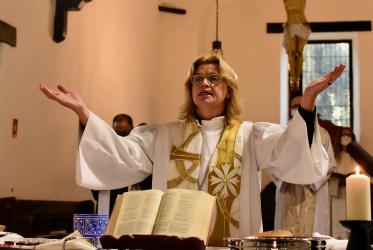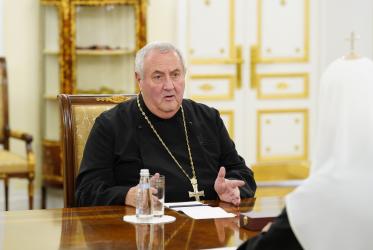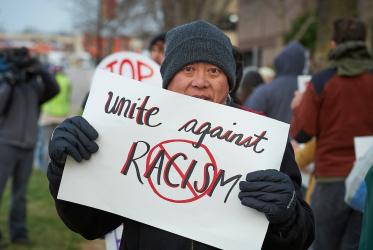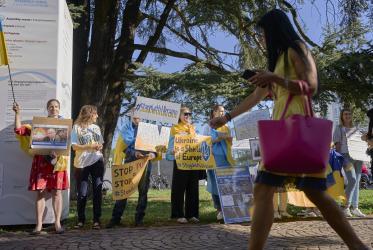Displaying 101 - 120 of 999
In Chile, “Churches’ ministry of reconciliation is key”
29 November 2022
World’s churches converge on Germany city of Karlsruhe to pray and act
16 September 2022
Hospitality and encounter: The rich welcome of German churches
15 September 2022









